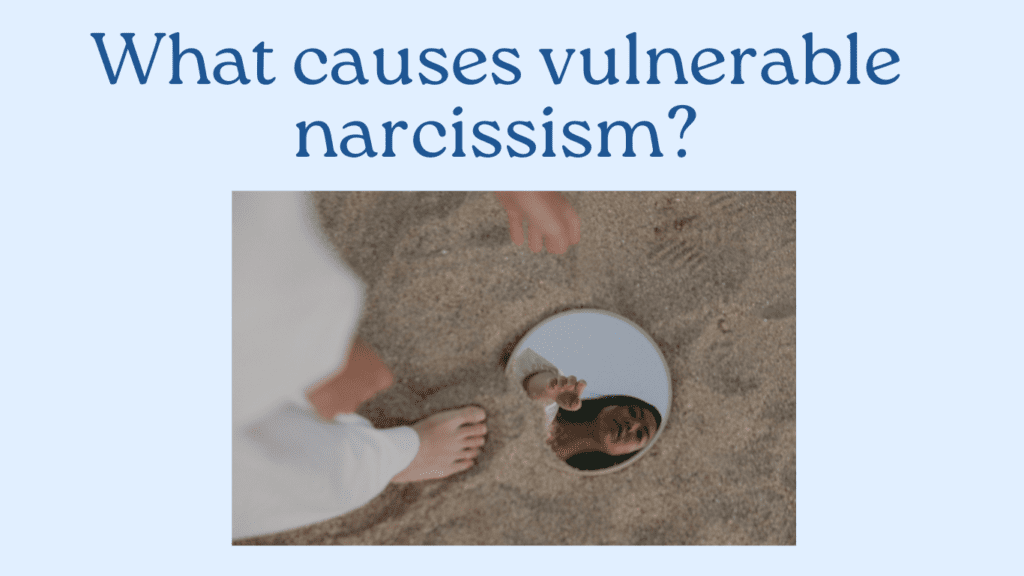What if kindness wasn’t really kindness at all?
Most narcissists aren’t known for their generosity. Their obsession with self-interest, image, and control leaves little room for true compassion.
But there’s a dangerous exception: the altruistic narcissist. These are the people who don’t just show kindness, they drown you in it. They’re the over-the-top helpers, the relentless givers, the self-proclaimed saints who seem to have a heart of gold.
The real challenge? Telling the difference between someone who truly cares and someone using kindness as a tool.
In this article, we’ll discuss what an altruistic narcissist is, how to spot their red flags, and the toxic impact they have on relationships. Let’s dive in.
What is Altruistic Narcissist
An altruistic narcissist reveals narcissistic traits while engaging in selfless behaviors. They may seem generous and compassionate, but self-serving motives drive their actions.
Unlike genuine altruism, their kindness is a strategy to gain admiration, control, or validation.
They may go out of their way to “rescue” others, but they expect recognition or a sense of superiority in return. In short, their empathy is conditional.
The key difference between a truly altruistic person and an altruistic narcissist lies in motivation. One acts out of genuine care, while the other seeks validation and ego reinforcement.
Signs and Behaviors to Identify an Altruistic Narcissist
Altruistic narcissists disguise their self-serving behaviors as acts of kindness. For that reason, it’s hard to initially recognize their true motives.
Here are some signs and behaviors to watch for:
- Judges others: They criticize others for not contributing as much as they do.
- Self-centered help: They offer help in ways that they find meaningful, ignoring what the other person actually wants or needs.
- Publicizes good deeds: They frequently post about their charity work on social media, seeking validation.
- Upset when unnoticed: They get upset if their efforts are not acknowledged or appreciated.
- Resentment over lack of gratitude: They become resentful if their “kindness” isn’t repaid with gratitude or compliance.
- Selective empathy: Their empathy is only shown to those they can control, impress, or who will offer something in return. It’s not genuine or universal.
It takes time to realize that a seemingly kind person is actually a narcissist. They usually reveal their true nature by exploiting their good deeds for personal gain.
So, if someone expects something in return for their generosity, there’s a good chance they are a narcissist.
Types of Altruistic Narcissists
- The giver: This type of altruistic narcissist is very giving, but for self-serving purposes. They want to be appreciated and seen as a good person.
- The rescuer: This type of altruistic narcissist always comes to other people’s rescue, but does it for attention, to be seen as the hero, and to make others dependent on them.
- The martyr: This type of altruistic narcissist sacrifices their needs and time to help others, but they expect to be admired and heralded as the hero in return.
- The good Samaritan: This type of altruistic narcissist helps everyone, but only when other people are watching.
Impact of Altruistic Narcissism on Relationships And Interactions
While altruistic narcissists may appear generous, their motivations revolve around self-serving desires for praise or recognition.
This hidden agenda can leave others feeling manipulated, as their kindness comes with unspoken expectations, whether it’s loyalty, praise, or indebtedness.
Over time, trust erodes, as relationships become transactional rather than emotionally authentic.
Also, the narcissist may grow resentful when their efforts aren’t met with sufficient gratitude.
This sets off a toxic cycle: The more they demand validation, the more others pull away, deepening feelings of frustration and emotional distance on both sides.
Conclusion
At its core, narcissists can do good things for others, but their motives are deeply tied to a craving for admiration and validation. This makes their kindness feel hollow—even self-serving. That’s the heart of altruistic narcissism.
It’s self-interest disguised as selflessness, leading to strained, superficial relationships.
That said, recognizing this trait is crucial to protect yourself from their manipulation and emotional exploitation. By understanding the dynamics of altruistic narcissist, you can set boundaries, avoid being drawn into their transactional relationships, and safeguard your emotional well-being.



Pingback: 11 Questions a Narcissist Can't Answer (Trap Questions to Ask a Narcissist) - Vulnerable Narcissist